Dilantin
✅ Seizure control
✅ Prevents convulsions
✅ Manages epilepsy
✅ Stabilizes brain activity
✅ Reduces seizure frequency
Dilantin contains Phenytoin.
Product Overview
Dilantin is a medication containing the active ingredient Phenytoin, formulated as a capsule. It belongs to the class of anticonvulsant drugs and is commonly prescribed to control and prevent seizures in individuals with epilepsy. Dilantin works by stabilizing electrical activity in the brain, preventing abnormal brain signals that can lead to seizures. It is available in capsule form for easy administration and is typically taken orally with water.
Uses
Dilantin is primarily used to treat epilepsy and prevent seizures in individuals with various types of epilepsy, including generalized tonic-clonic seizures, partial seizures, and complex partial seizures. It helps reduce the frequency and severity of seizures by stabilizing electrical activity in the brain and preventing the spread of abnormal signals that can trigger seizures. Dilantin may also be used to treat other neurological conditions or prescribed off-label for certain mood disorders or neuropathic pain conditions.
How to Use
Dilantin capsules should be taken orally with a full glass of water, preferably with or without food to reduce stomach upset. Swallow the capsules whole; do not crush, chew, or open them. Follow the dosage instructions provided by your healthcare provider or as directed on the prescription label. It is essential to take Dilantin regularly and at the same time each day to maintain a consistent level of the medication in your body and prevent seizures effectively.
How it Works
Phenytoin, the active ingredient in Dilantin, works by blocking voltage-gated sodium channels in the brain’s neurons. By inhibiting the influx of sodium ions, Dilantin stabilizes the neuronal membranes, making them less excitable and reducing the likelihood of abnormal electrical activity that can lead to seizures. This mechanism of action helps prevent the spread of seizure activity in the brain and reduces the frequency and severity of epileptic seizures.
Dosage and Administration
The dosage of Dilantin depends on various factors, including the individual’s age, weight, medical condition, and response to treatment. It is typically started at a low dose and gradually increased to achieve optimal seizure control while minimizing side effects. The usual adult dosage of Dilantin for epilepsy maintenance therapy is 100 to 300 mg per day, divided into two to three doses. Dosage adjustments may be necessary based on therapeutic drug monitoring and individual response.
Benefits
Dilantin offers several benefits for individuals with epilepsy, including effective seizure control, reduced frequency and severity of seizures, and improved quality of life. By stabilizing electrical activity in the brain, Dilantin helps prevent seizures and allows individuals to lead a more active and independent lifestyle. It is available in convenient capsule form for easy administration and can be taken with or without food, making it suitable for most individuals with epilepsy.
Common Side Effects
Common side effects of Dilantin may include dizziness, drowsiness, headache, nausea, vomiting, constipation, and changes in coordination. These side effects are usually mild and transient, resolving on their own as your body adjusts to the medication. However, if any of these side effects persist or worsen, inform your healthcare provider promptly. In rare cases, Dilantin may cause more severe side effects, such as allergic reactions, liver problems, or blood disorders. Seek medical attention if you experience any unusual or severe symptoms while taking Dilantin.
Warnings
Before using Dilantin, inform your healthcare provider if you have any underlying medical conditions, such as liver disease, kidney disease, or heart problems. Dilantin may interact with certain medications, including other antiepileptic drugs, blood thinners, and antidepressants, increasing the risk of side effects or reducing the effectiveness of the medication. Avoid consuming alcohol or CNS depressants while taking Dilantin, as it may increase the risk of drowsiness and impair your ability to perform tasks requiring alertness.
Storage Information
Store Dilantin capsules at room temperature away from heat, moisture, and light. Keep the medication out of reach of children and pets. Do not store Dilantin in the bathroom or near the kitchen sink, where it may be exposed to moisture. Check the expiration date on the packaging before use, and discard any expired or unused capsules properly.
Disclaimer:
Our sole intention is to ensure that its consumers get information that is expert-reviewed, accurate, and trustworthy. However, the information contained herein should NOT be used as a substitute for the advice of a qualified physician. The information provided here is for informational purposes only. This may not cover all possible side effects, drug interactions, or warnings or alerts. Please consult your doctor and discuss all your queries related to any disease or medicine. We intend to support, not replace, the doctor-patient relationship.
| Strength | 100 mg |
|---|---|
| Quantity | 100 Capsule/s, 200 Capsule/s, 300 Capsule/s, 600 Capsule/s |

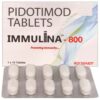


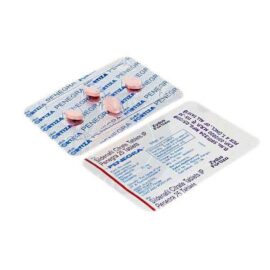
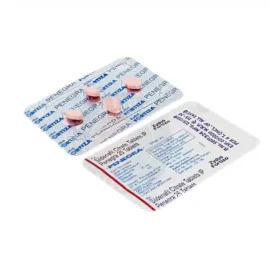





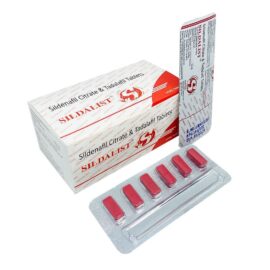
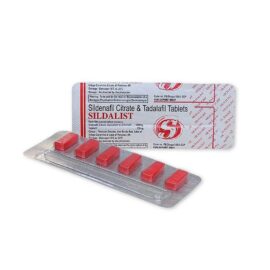
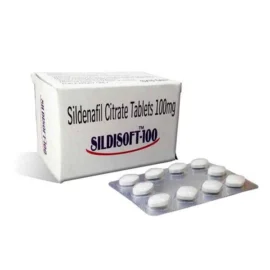
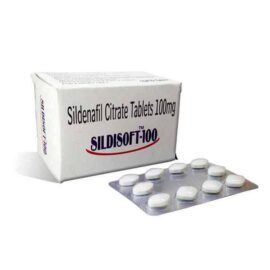

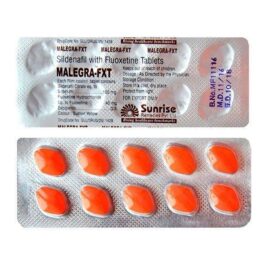
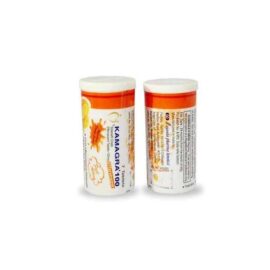
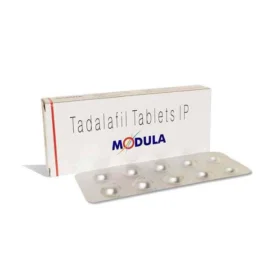
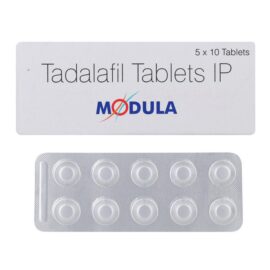
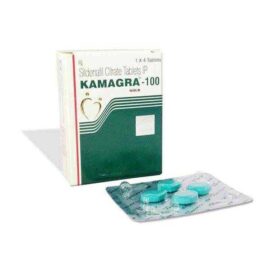


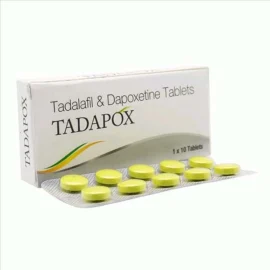
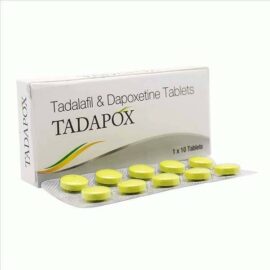
Reviews
There are no reviews yet.